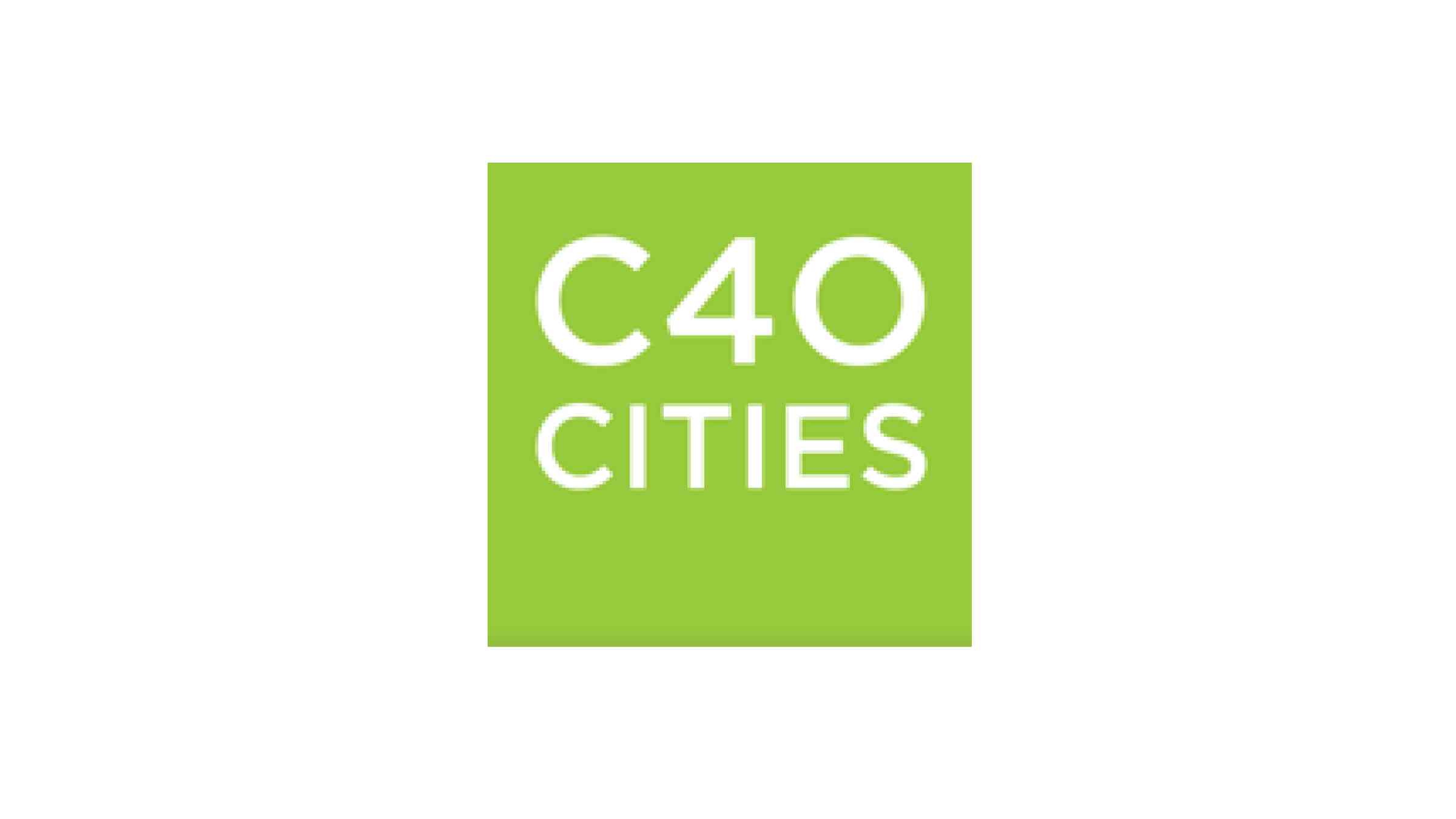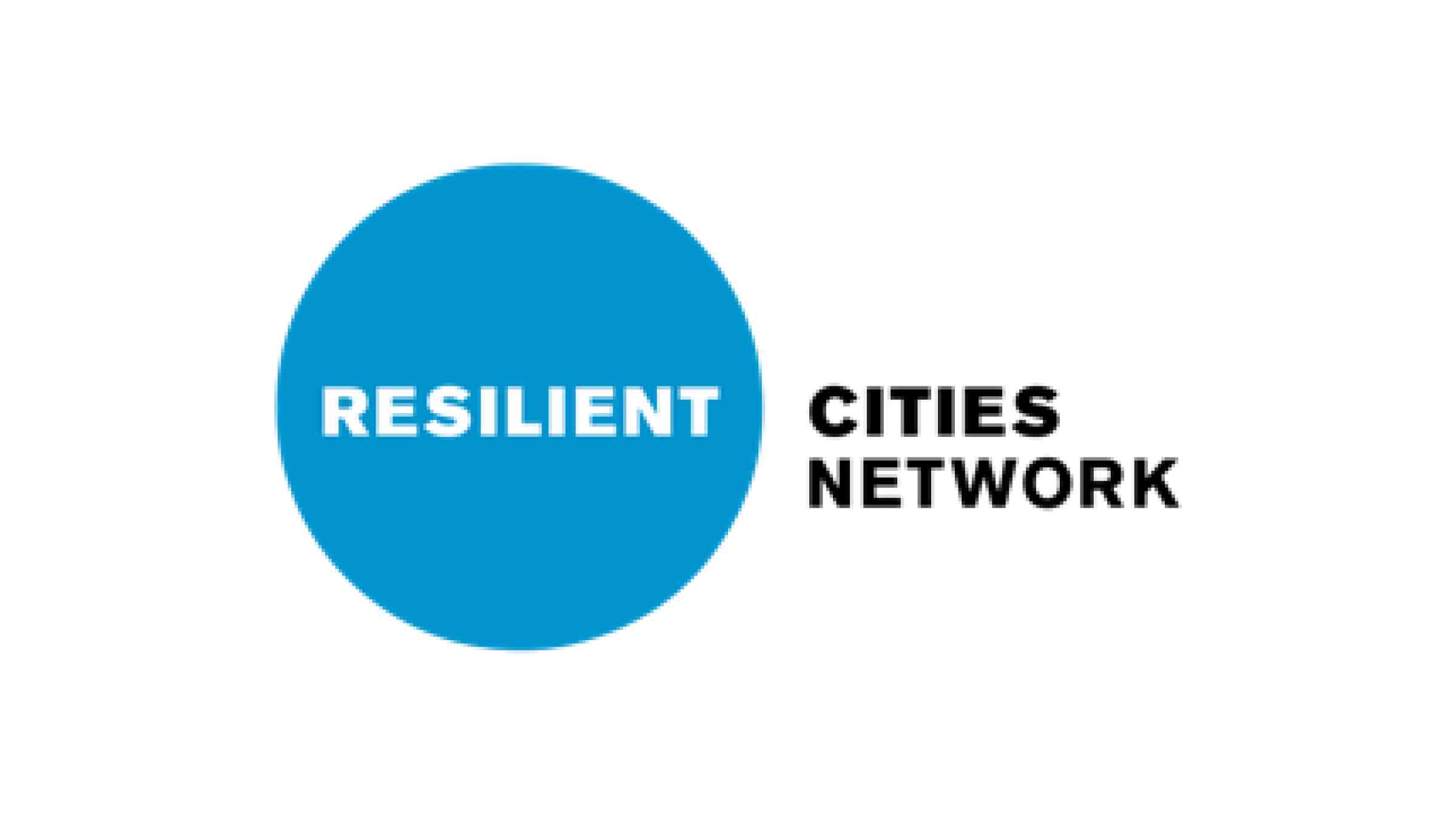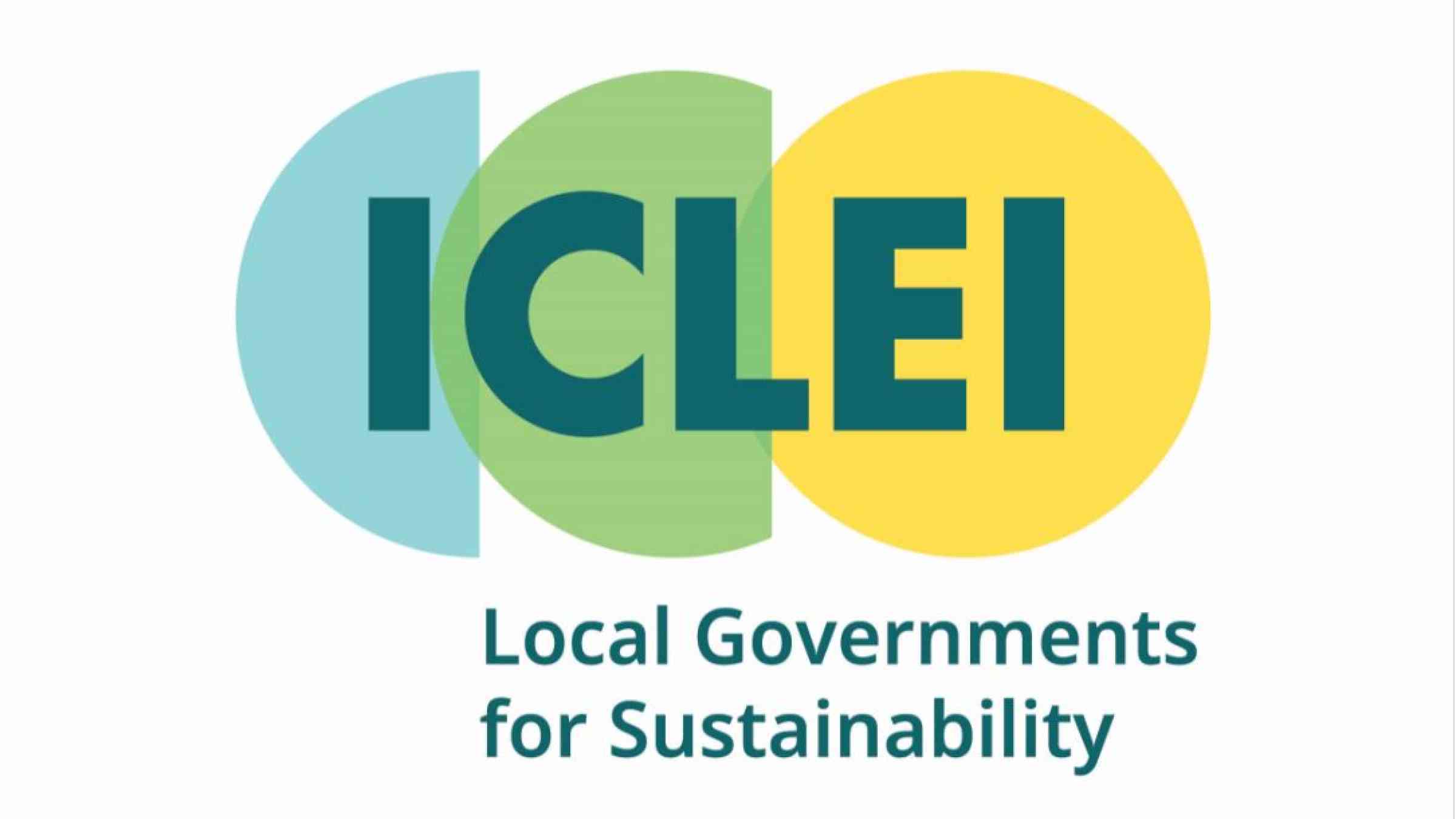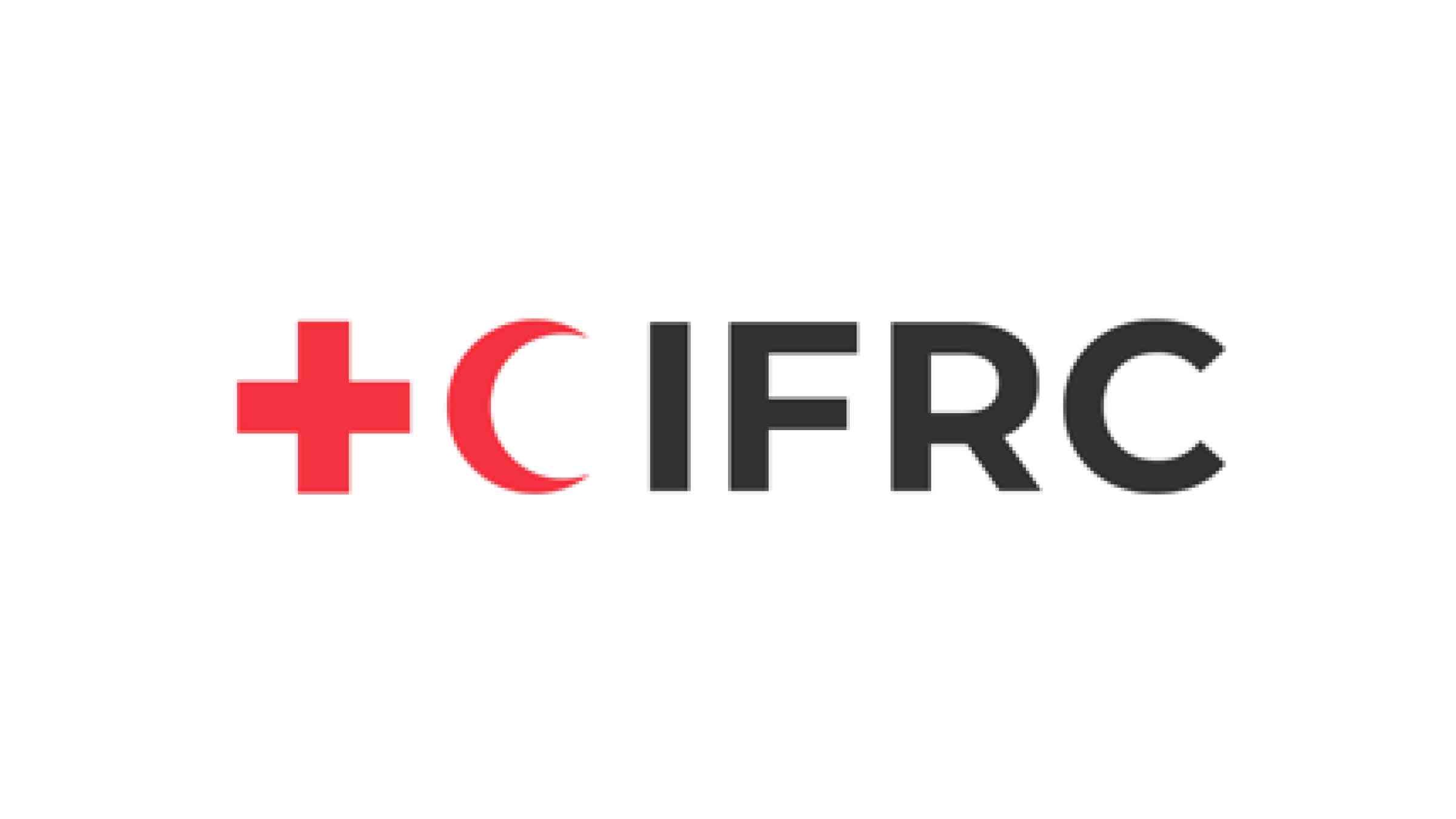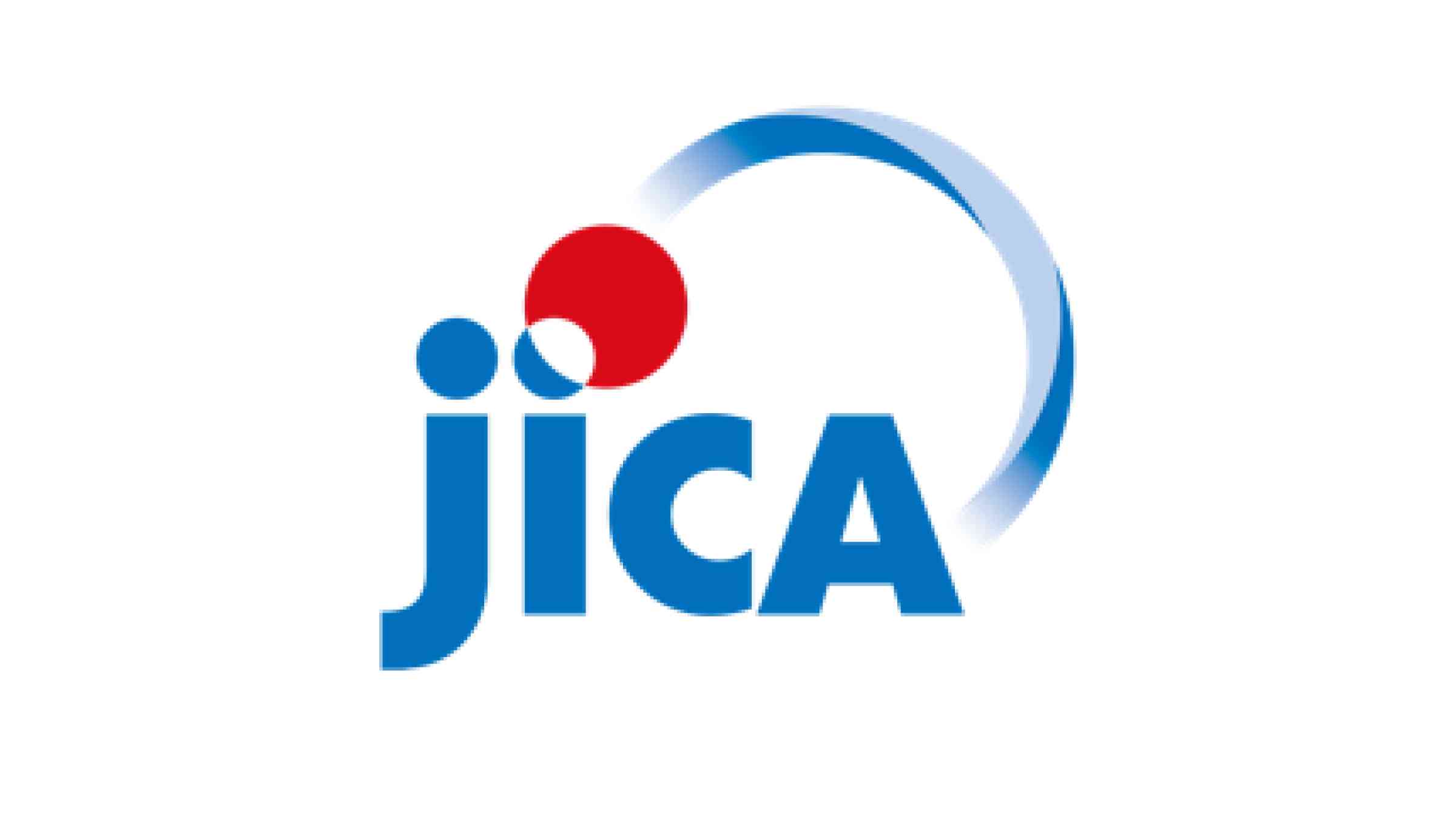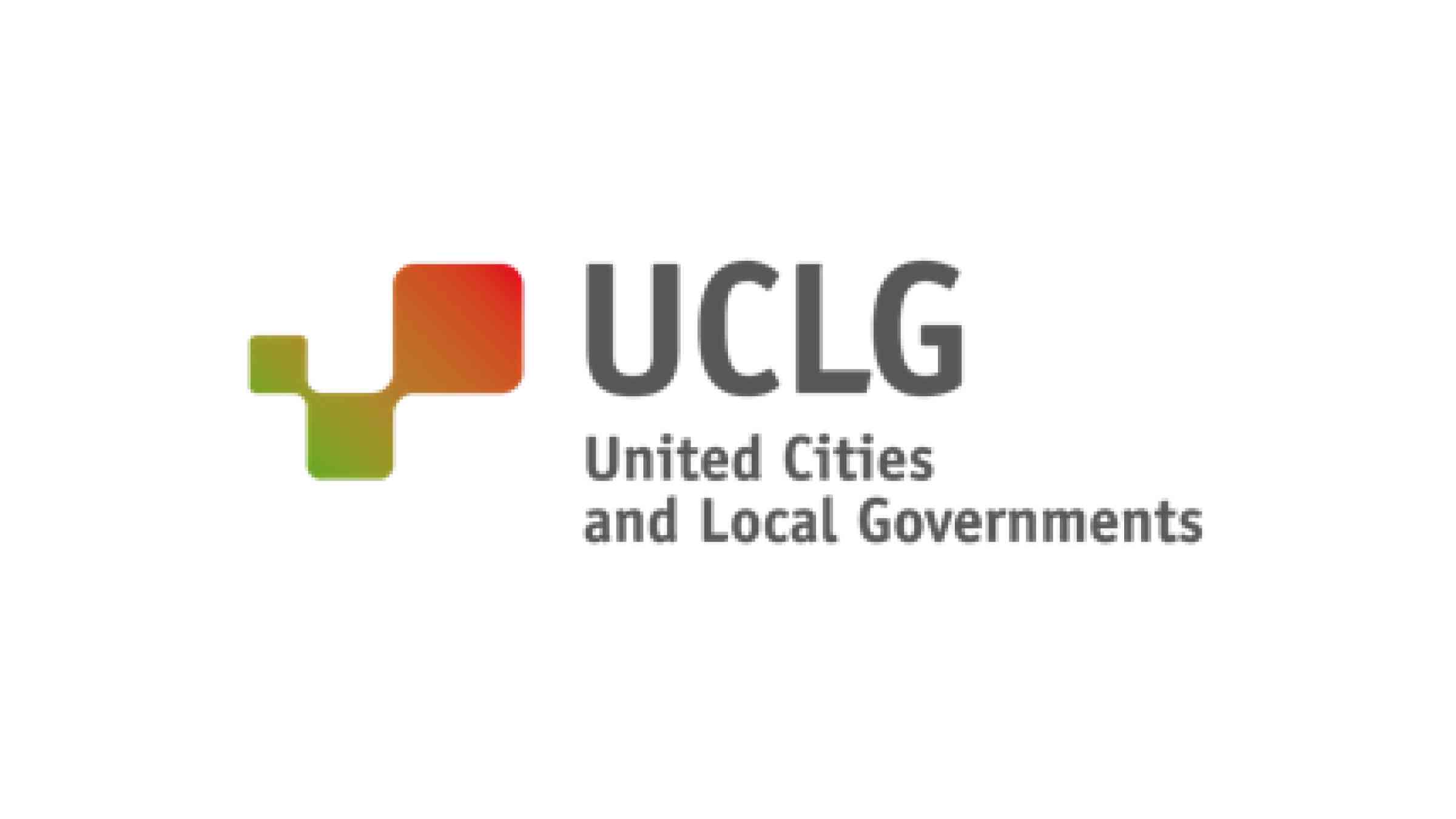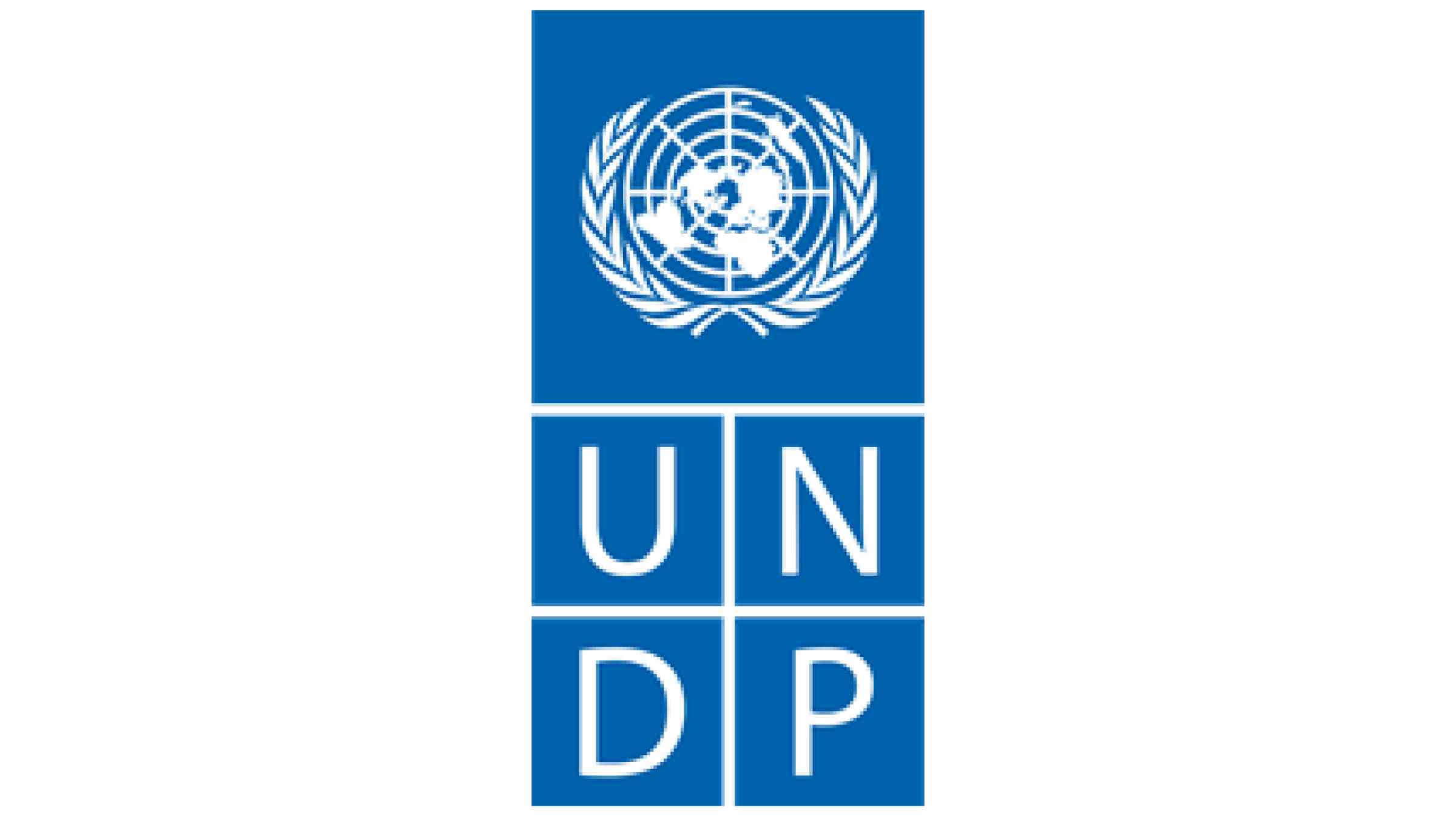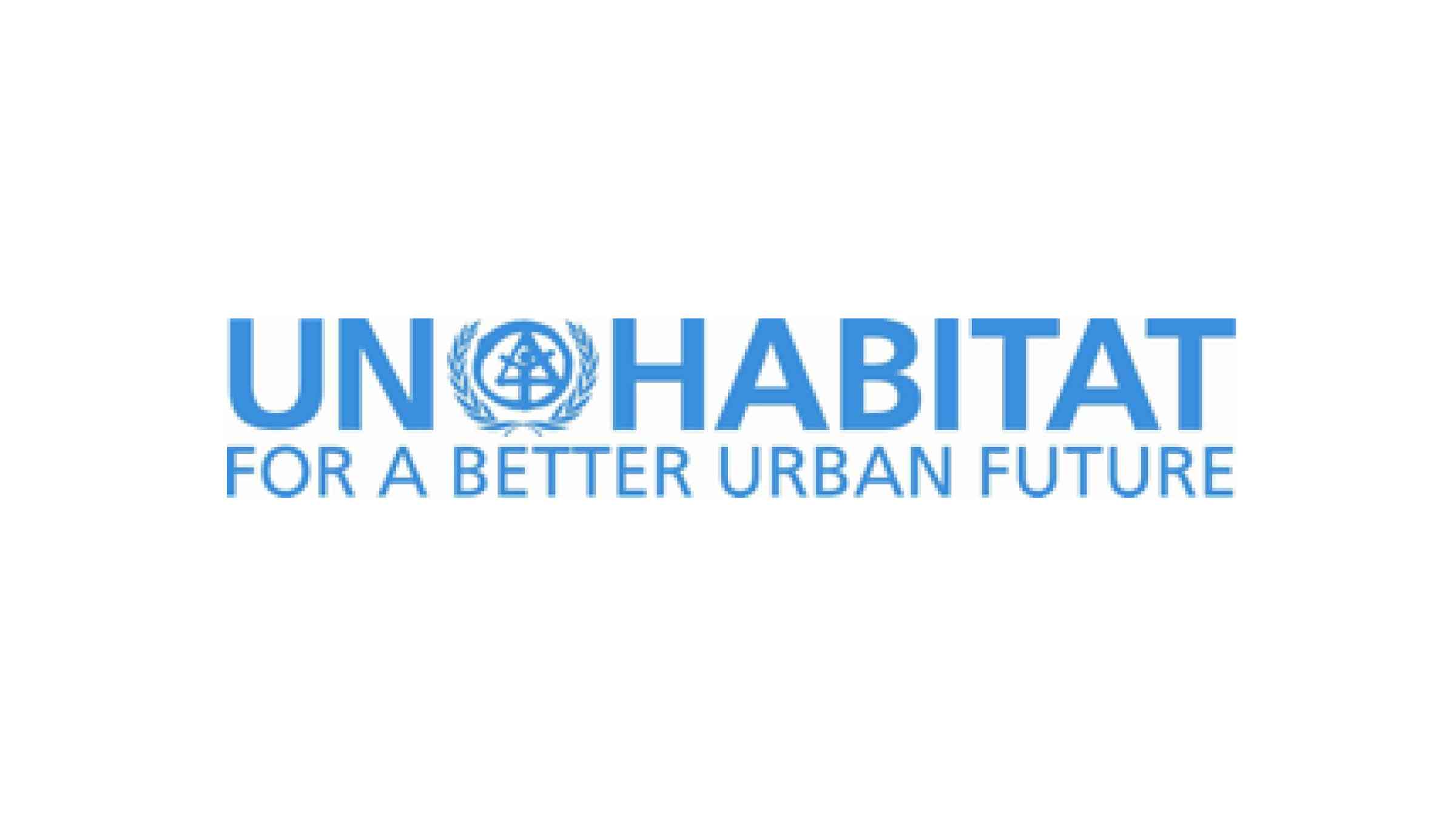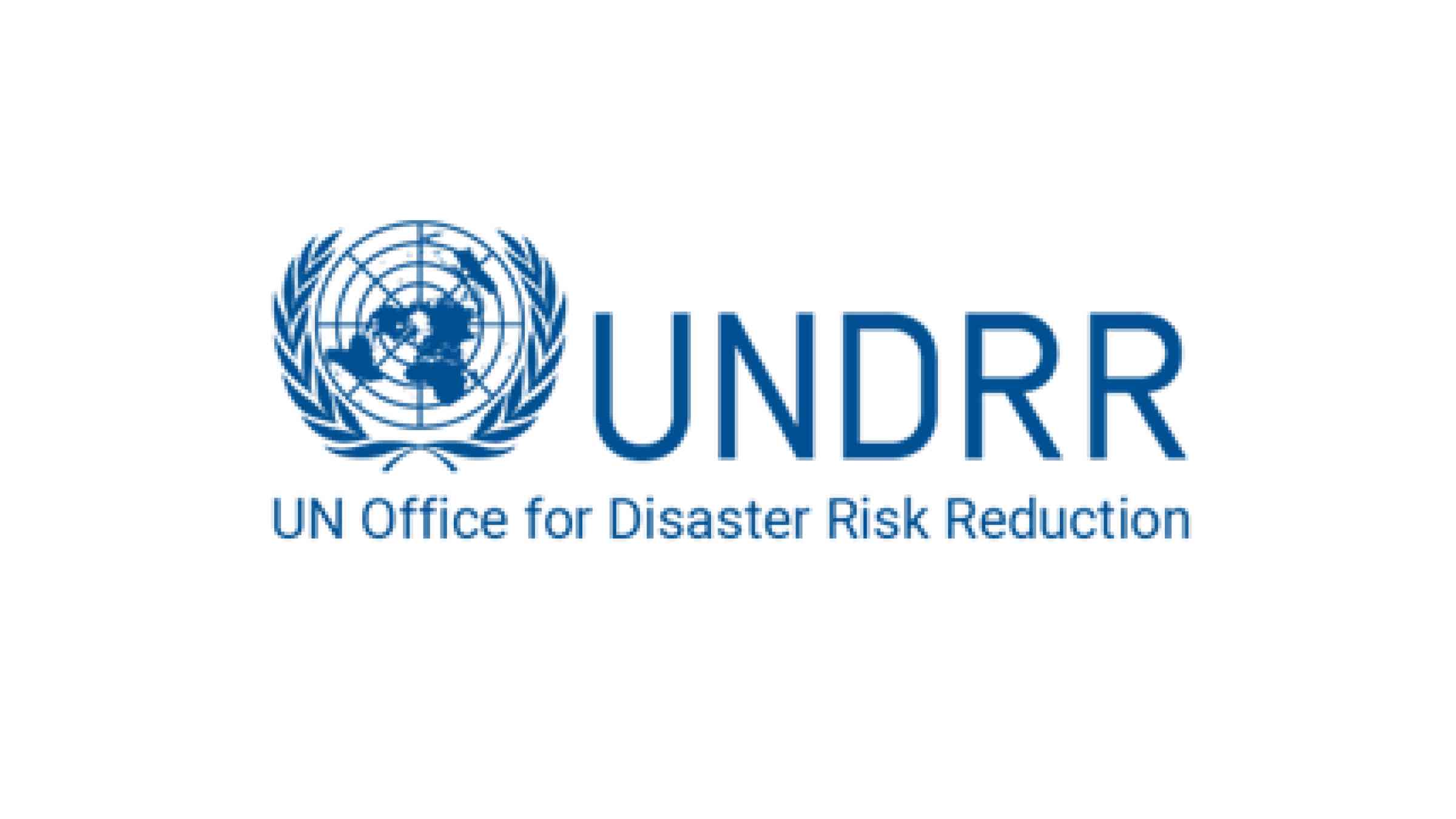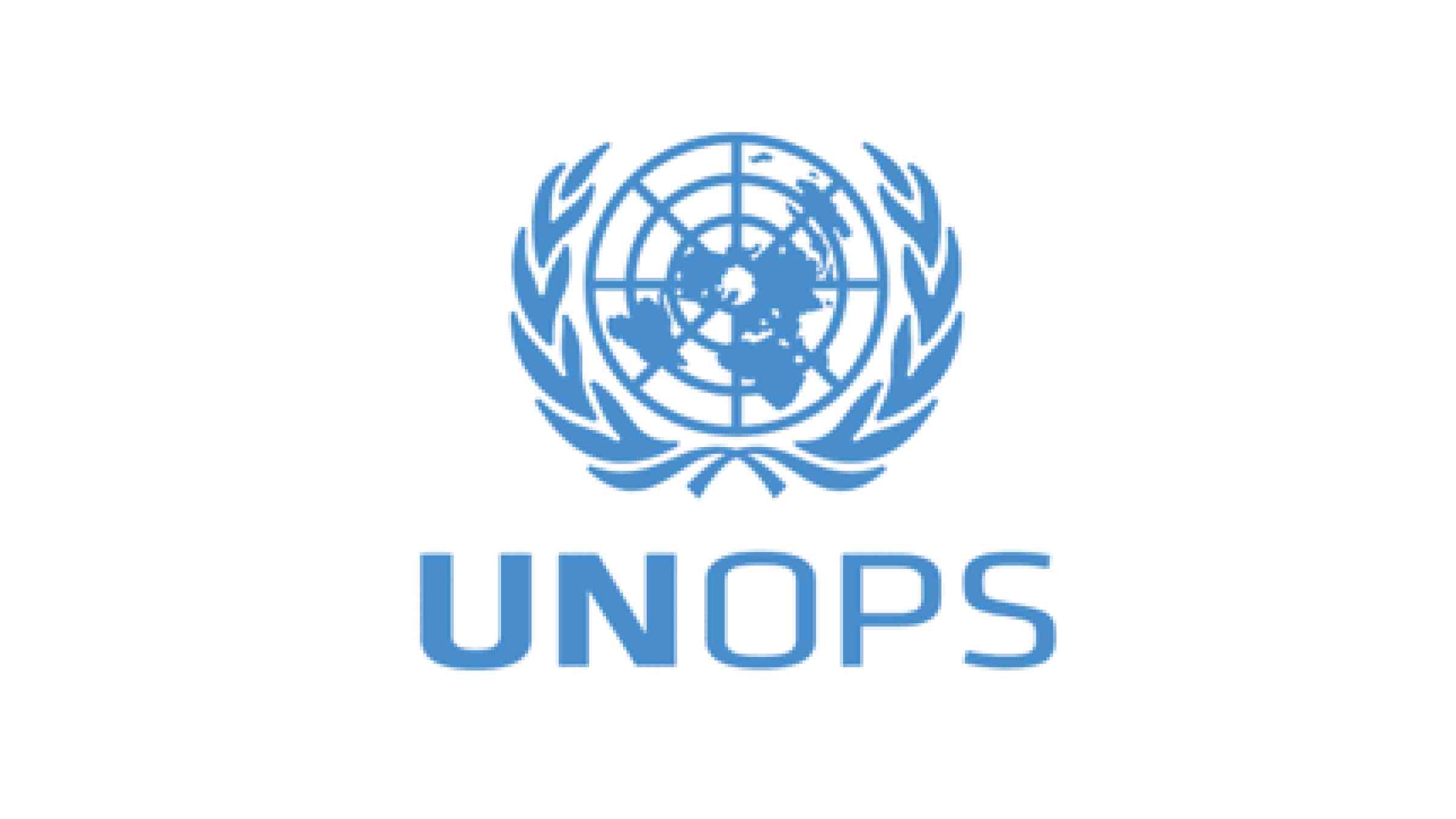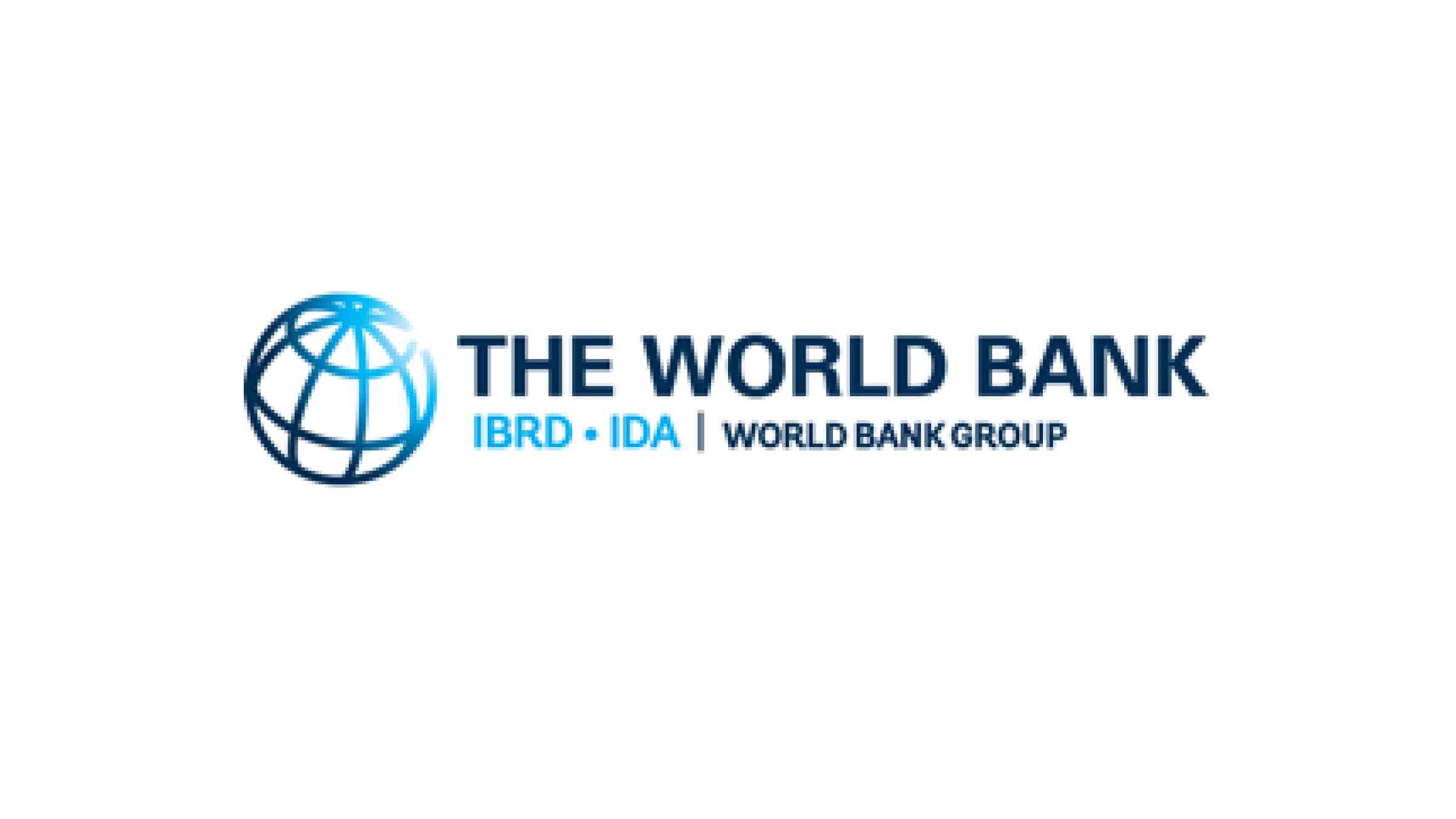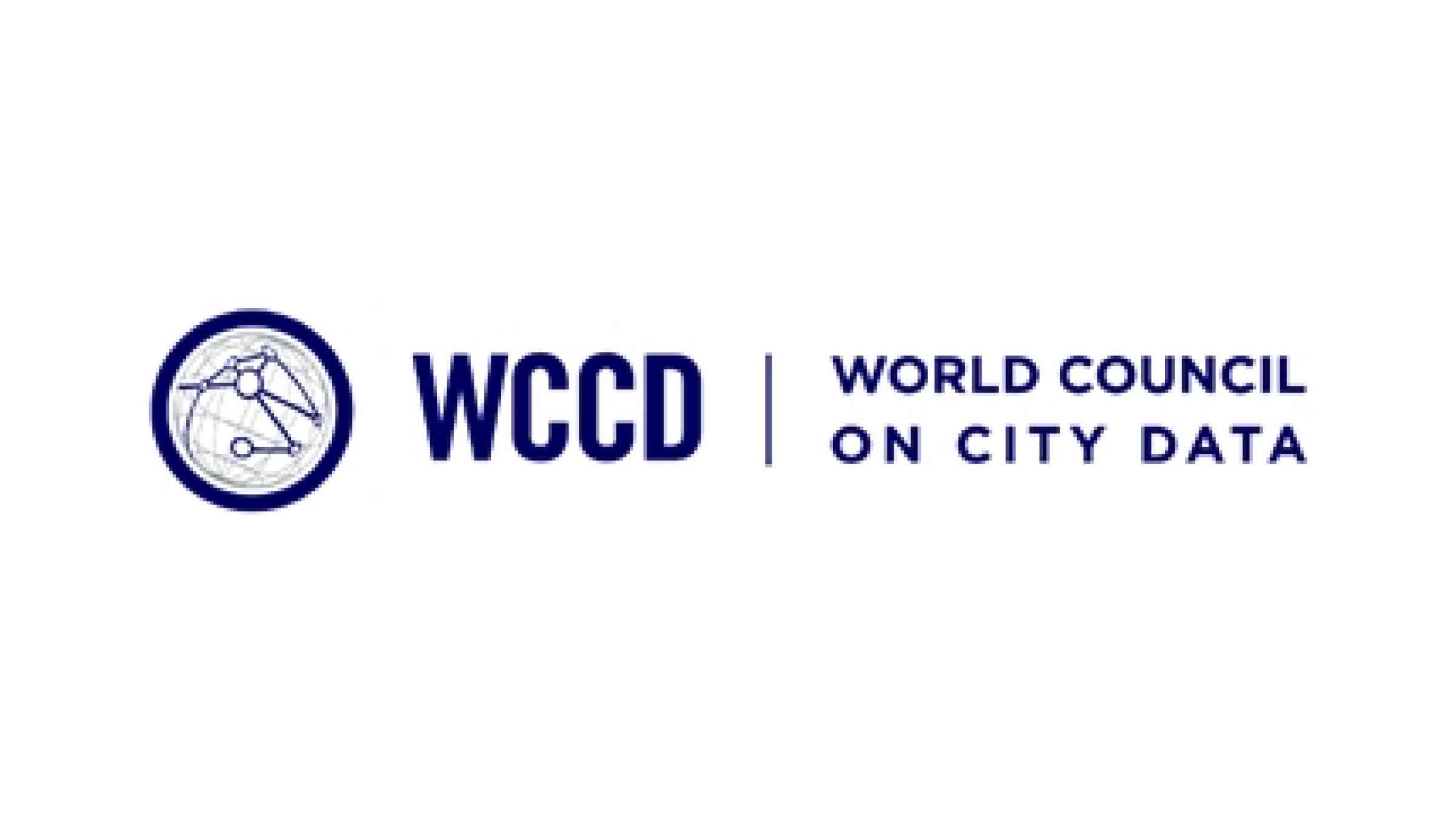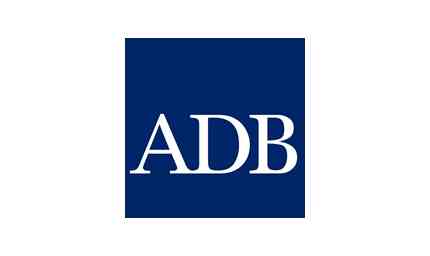We are a global partnership to strengthen local resilience
MCR2030 strives to ensure cities are becoming resilient and sustainable by 2030.
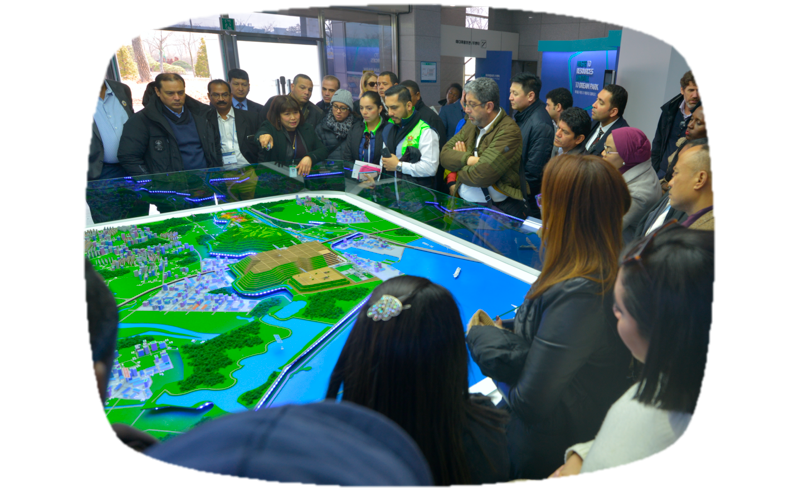
From the Experience Sharing Workshop: Making Cities Sustainable and Resilient, 4 to 8 March 2018.
MCR2030 Core Partners

We cannot achieve, sustainable development, climate mitigation and action, and disaster risk reduction in silos without alignment. Improved coherence of action should take place at all levels, global, regional and national, to implement the SDGs, the Paris Agreement and the Sendai Framework for Disaster Risk Reduction.
Our vision for 2030
The goals of Making Cities Resilient 2030
The ultimate goal of MCR2030 is to ensure cities become inclusive, safe, resilient and sustainable by 2030, contributing directly to the achievement of Sustainable Development Goal 11 (SDG11) and other global frameworks including the Sendai Framework for Disaster Risk Reduction, the Paris Agreement and the New Urban Agenda.
Specifically, MCR2030 aims to have:
- an increasing number of cities committed to reducing local disaster/climate risk and building resilience, with an increasing number of cities demonstrably improving their sustainability through implementing disaster risk reduction, climate change adaptation and/or resilience plans and taking actions to enhance their understanding of localized and systemic risks.
- an increasing number of partnerships focused on resilience, globally and regionally, bringing synergized collaboration and support to cities along the resilience roadmap.
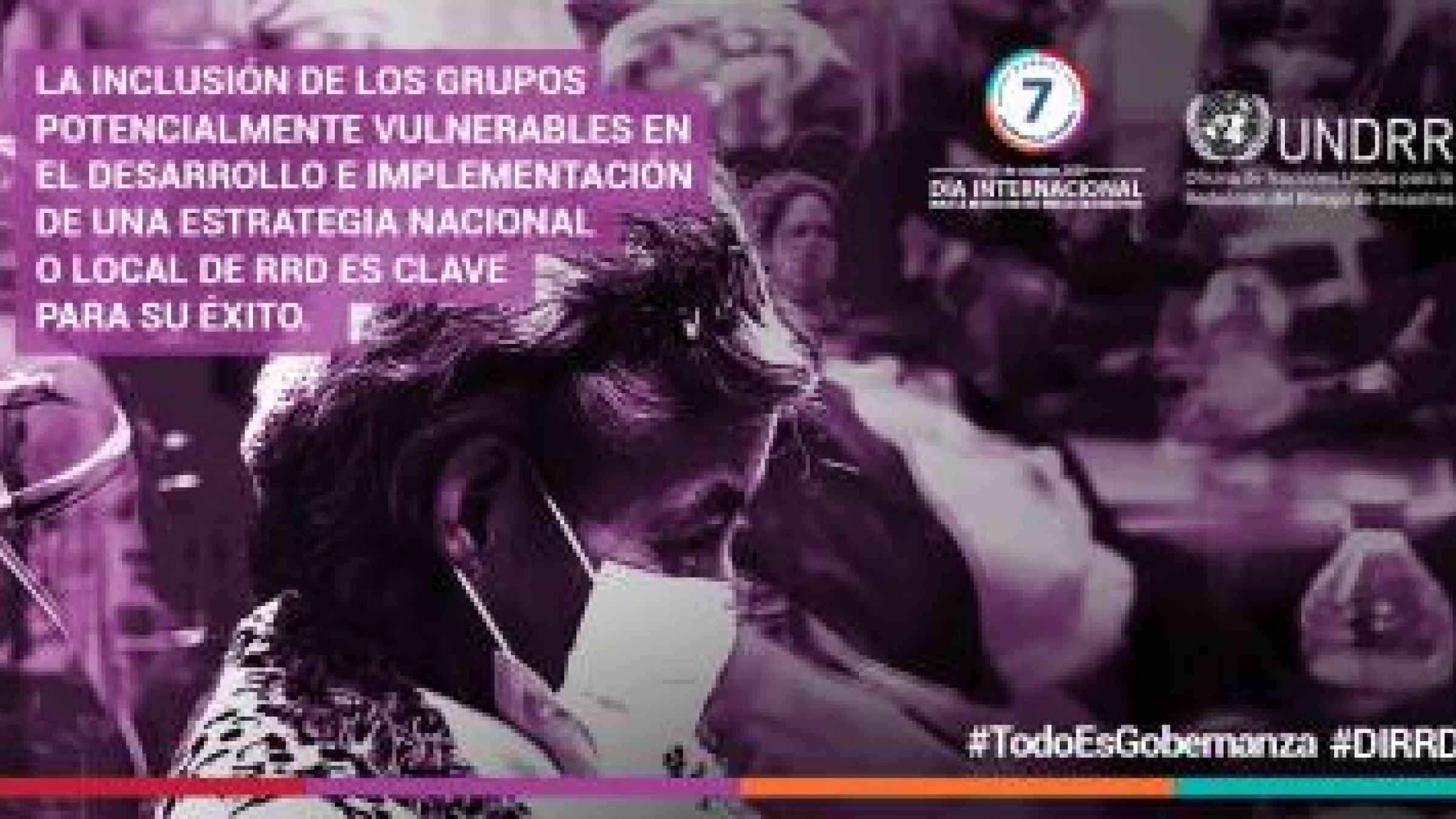
How we’ll get there
The strategic objectives of MCR2030
1
Improve cities’ understanding of risk and secure their commitment to local disaster risk reduction and resilience; by:
- providing evidence-based information and resources on why and how cities can effectively reduce disaster and climate risks to improve their urban resilience and sustainability;
- enhancing their understanding of localized and systemic risks through advocacy.
2
Strengthen cities’ capacity to develop local strategies/plans to enhance resilience; by:
- improving their self-assessment and diagnostic skills;
- providing relevant training and tools for strategic planning to reduce disaster and climate risks and for risk-informed development.
3
Support cities to implement local strategies/plans to enhance resilience; by:
- providing access to finance for supporting DRR, climate change adaptation and to implement resilience initiatives;
- improving the ability of local authorities to plan, design, build and manage resilient infrastructure;
- improving the capacity of local authorities to take a systems approach to resilience;
- improving the capacity of local authorities to use nature-based solutions and seek innovative approaches to address local resilience.
Cross-cutting areas will include:
- strengthening vertical links between local governments, national governments and national associations of local governments;
- strengthening horizontal links amongst local partners to ensure sustainability;
- connecting cities with cities to learn and share.
How we’ll help cities get there
How will MCR2030 respond to the needs of cities?
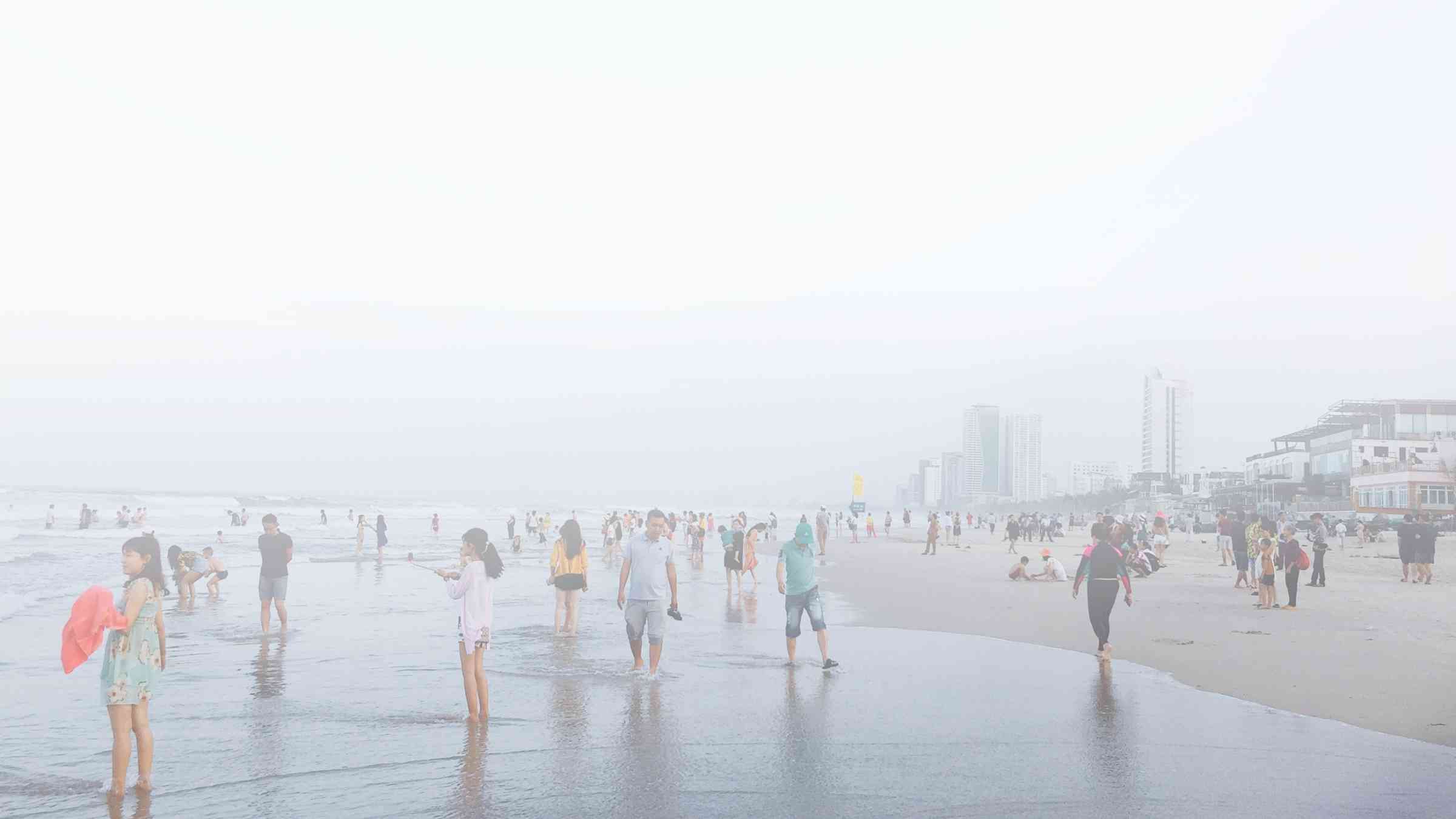
MCR2030 responds to the growing understanding of urban risk: how it has changed and is changing, and the impacts this will have on cities and citizens. It recognises the increasing need for a systemic, joined-up approach to risk reduction, that allows city leaders to plan for risk-informed development, and citizens to benefit. MCR2030 builds on lessons learned during the previous MCR Campaign implementation from 2010-2020 and respond to these needs:
- The resilience journey of cities is unique and cities are at different stages. Some may just be starting out while others may have advanced. Cities understand that resilience building is a process. They need a programme approach that is flexible enough to allow them to start their journey at the most appropriate point and access the services that are relevant at a particular moment in time. MCR2030 provides a clear resilience roadmap that offers different entry and exit points.
- Synergies of partners help cities achieve greater resilience: Several organizations, networks and agencies provide different types of support to cities on building resilience. This variety of offers may not be easy for cities to understand and decide where to start. Cities need a collaborative approach from partners to maximize effectiveness. MCR2030 will connect partners and bring synergized collaboration and support to cities along the resilience journey.
Governance structure
How we’re organized
MCR2030 operates at two levels simultaneously. At the global level, the MCR2030 implementation and delivery strategy is negotiated, agreed and formed by the Core Partners coordinated through the Global Coordinating Committee (GCC) supported by the MCR2030 Global Secretariat served by UNDRR.
At the regional level, the Regional Coordinating Committees (RCCs) will be responsible for coordinating and ensuring synergies among regional partners in providing technical support to cities to empower them to progress along the resilience roadmap. MCR2030 is operational in 5 regions where the MCR2030 implementation and support to cities occurs: Africa, Arab States, Americas & the Caribbean, Asia-Pacific, and Europe & Central Asia. Regional Secretariat will be served by the respective UNDRR Regional Offices.
The Global Secretariat and its Regional Secretariat counterpart will be the engine of the MCR2030, operationalizing the work plans and proposing the activities which will allow cities to develop, finance, and execute their DRR and resilience strategies, and coordinating across regions for knowledge sharing and dissemination.
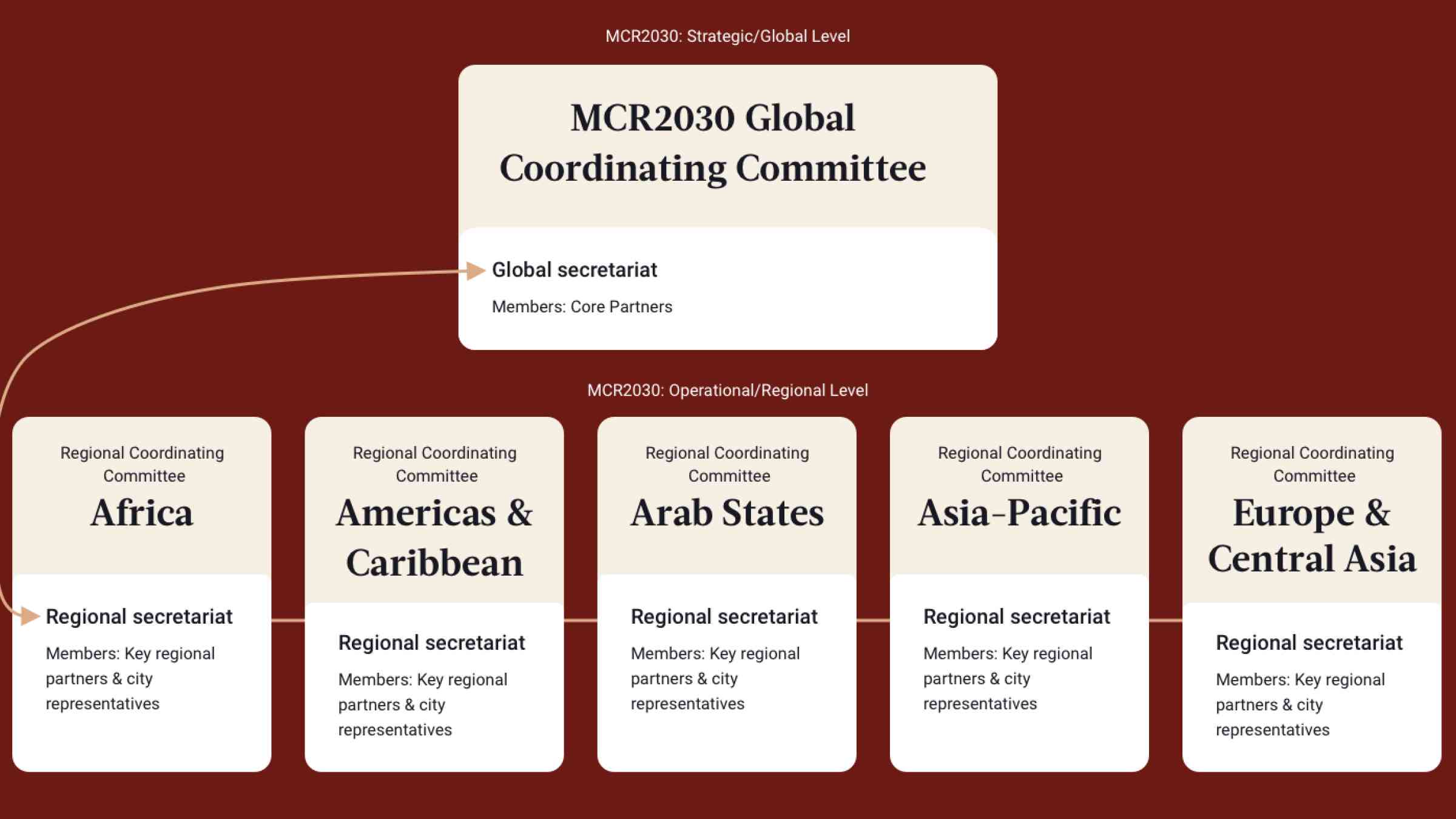
Download MCR2030 Brief in various languages
MCR2030 brief in English MCR2030 brief in Arabic MCR2030 brief in Chinese MCR2030 brief in French MCR2030 brief in Korean MCR2030 brief in Portuguese MCR2030 brief in Russian MCR2030 brief in Spanish


